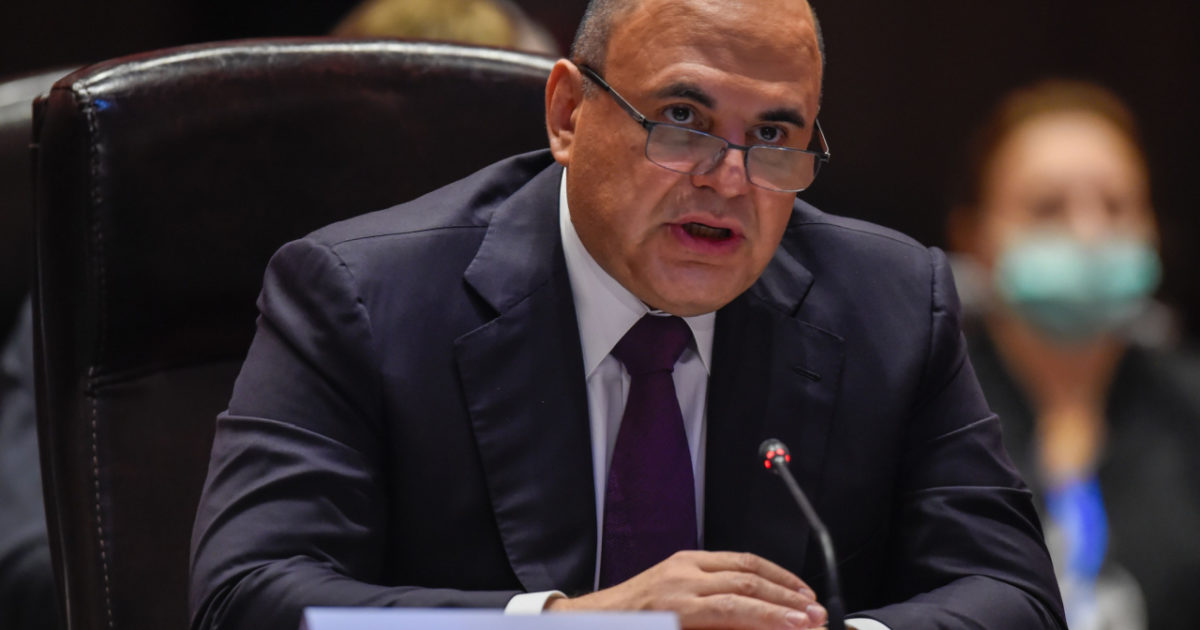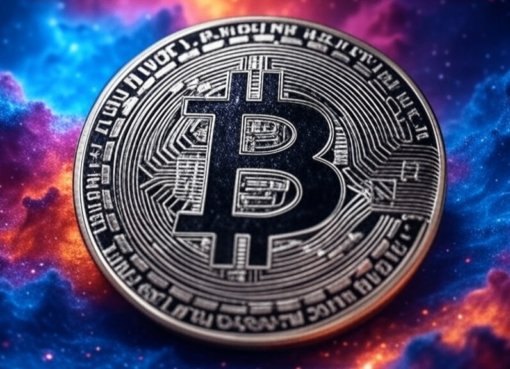The central bank and the finance ministry in Moscow have been asked by the head of the Russian government to agree on a vision for the development of the country’s digital asset market by Dec 1. Working with other regulators, they should also present a common position on the legislation needed to regulate it.
Pressed by Sanctions, Russian Government Moves to Regulate Cryptocurrencies
Russian Prime Minister Mikhail Mishustin has told the Ministry of Finance to prepare, together with the Bank of Russia, and submit concrete proposals for the future of the digital financial asset (DFA) market in the Russian Federation by the first day of December.
The head of the Russian government issued the order after a meeting devoted to the nation’s financial system, RBC Crypto reported. The top official emphasized that in the current circumstances, DFAs can facilitate uninterrupted payments for imports of goods and Russian exports.
The finance ministry and the central bank have been tasked to update Russia’s “Strategy for the Development of the Financial Market until 2030.” The document should be revised taking into account the instructions of President Putin and, in the words of Mishustin, the prevailing geopolitical situation.
In January of this year, Vladimir Putin urged Russian government institutions to reach consensus on crypto regulations and highlighted Russia’s potential as a coin minting destination. In August, Mikhail Mishustin described digital assets as a “safe alternative” for cross-border payments.
The treasury department and the monetary authority are also required to work with the Russian financial watchdog, Rosfinmonitoring, the Federal Tax Service, and the Federal Security Service to elaborate a unified position, by Dec. 19, on the draft laws designed to regulate the issuance and circulation of digital currency in Russia.
The federal legislation, part of which is the new bill “On Digital Currency” proposed by the ministry in February, should also introduce rules for cryptocurrency mining, an expanding industry in energy-rich Russia, and legalize the employment of digital assets in international settlements. Proposals are also expected on the use of the digital ruble for budget purposes.
Both the Russian central bank digital currency and decentralized cryptocurrencies are now viewed in Moscow as tools that can reduce the negative effects of sanctions on the Russian economy and foreign trade. Earlier this week, Director of the finance ministry’s Financial Stability Department Ivan Chebeskov indicated he expects to see international crypto transactions as early as next year.
Do you think Russia will regulate its crypto space and legalize cross-border payments with digital currencies by the end of 2022? Tell us in the comments section below.
Image Credits: Shutterstock, Pixabay, Wiki Commons
Disclaimer: This article is for informational purposes only. It is not a direct offer or solicitation of an offer to buy or sell, or a recommendation or endorsement of any products, services, or companies. Cryptox.trade does not provide investment, tax, legal, or accounting advice. Neither the company nor the author is responsible, directly or indirectly, for any damage or loss caused or alleged to be caused by or in connection with the use of or reliance on any content, goods or services mentioned in this article.




